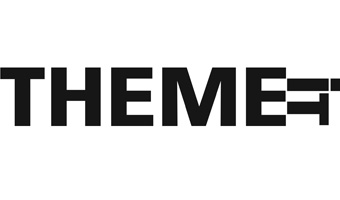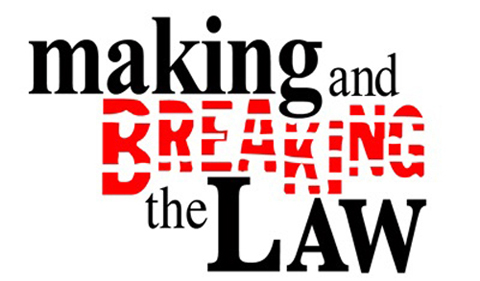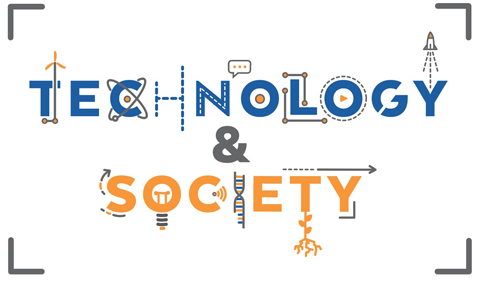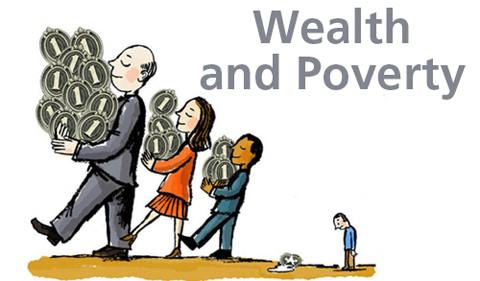Students looking for a 1-credit course for Fall 2018 can enroll in a CAS 2300 Themes in Action course.
 Choose from five different courses—each focused on a different curricular theme—and get involved in activities and events around sustainability, local food, law and society, wealth and poverty, and technology and society.
Choose from five different courses—each focused on a different curricular theme—and get involved in activities and events around sustainability, local food, law and society, wealth and poverty, and technology and society.
CAS 2300 Themes in Action courses are open to all Ohio University students.
CAS 2300 Themes in Action
Edible Athens
Classes #12290 and #13814 (section starts Oct. 15)
Edible Athens offers students an online, self-directed introduction to the Athens food scene on and off campus. It asks students to think about their individual food choices and to understand how what they choose to put on their plate is connected in many ways to the immediate Athens and university communities and to the wider world. Over the course of the semester, students choose to attend, and post online their reflections upon, seven food-related activities and events. Lectures, farmers markets visits, composting tours, food pantry service opportunities and 30-mile meal preparation (and consumption!) are examples of the menu of events from which students can choose. Edible Athens introduces students to the Food Studies Theme and is a fun and delicious way to get to know their local food scene. Students also read Ben Hewitt’s 2010 chronicle of Hardwick, VT, The Town that Food Saved. Contact: Dr. Theresa Moran
Making & Breaking the Law
Class #13277
Making and Breaking the Law: The Center for Law, Justice & Culture offers this one-credit course to introduce students to the readings and campus activities relating to law and justice in the 21st century. The course is designed for freshmen to senior students from all majors. It provides opportunities for students to make connections between courses in the Making and Breaking the Law theme, and it trains students to think critically about the role of law in our everyday lives. Contact: Dr. Haley Duschinski
Sustainability Studies
Class #13164 (section starts Oct. 15)
Sustainability in Action offers an online, self-directed opportunity to participate in the Ohio University campus and community sustainability scene. CAS 2300 invites students to explore a variety of sustainable solutions that integrate environmental, social, and economic concerns on campus, in our broader region, and globally. Over the course of the half-semester, students choose and participate in six events and activities (such as public lectures, film screenings, and workshops and events offered through the OHIO Office of Sustainability and various community organizations), and post online a short reflective essay about each of their experiences. Sustainability in Action introduces students to the Sustainability Studies theme and can connect them with students, faculty and community members working for a sustainable campus and community. Contact: Dr. Nancy Manring
Technology & Society
Course #11829
Technology and Society offers an online, self-directed opportunity to participate in the Ohio University campus and community technology scene. Open to all majors. Students choose and participate in events including science fiction films, selected TED Talks, informal Science Café events, technology expos, entrepreneurship workshops and guest lectures. Students submit one-page reflective essays linking events of their choosing and selected readings. Topics may include privacy issues, social media and its effect on society, internet and learning and apps to assist societal goals. Contact: Dr. Rosemary Rossiter
Wealth and Poverty
Class #12915
Themes in Action: Wealth and Poverty provides students with opportunities to actively participate in learning environments beyond the traditional classroom, including community services, field trips, documentary film screenings, and research talks on the growing challenges of inequality in our society. After successfully completing this online course, students will be able to reflect critically on how individuals and groups can transform knowledge into action and create positive social change. Students who are interested in studying inequality from an interdisciplinary perspective also may consider signing up for the Wealth and Poverty Certificate. As inequality in the United States and around the world continues to grow, there is a rising demand for studies about the causes, consequences, trends, and patterns of social and economic inequality, and for practitioners working to confront these challenges. See more information about the Wealth and Poverty theme. Contact: Dr. Yeong Kim























Comments